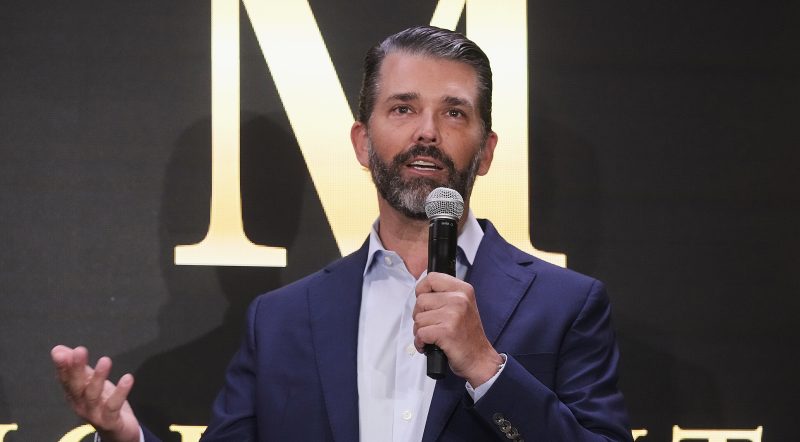Tensions Surge as Putin Tests New Missile, Trump Calls for US Resumption of Nuclear Tests

BREAKING: Tensions surrounding nuclear weapons escalated dramatically this week as Russian President Vladimir Putin announced the testing of a new nuclear-capable missile. In response, former President Donald Trump called for the United States to resume nuclear weapons testing for the first time since the 1990s. This urgent development raises significant fears about global security and potential military escalation.
The situation intensified on February 2024 as the Pentagon felt compelled to respond to the discourse surrounding nuclear capabilities. While Putin clarified that there would be no new nuclear testing, his missile tests serve as a clear political message to the United States and NATO, signaling an aggressive stance amid ongoing conflicts, particularly in Ukraine.
The backdrop of this crisis includes rising tensions between India and Pakistan, both nuclear powers, and North Korea’s persistent defiance regarding denuclearization. During a recent trip to Asia, Trump notably did not meet with North Korean dictator Kim Jong Un, indicating a possible stalemate in diplomatic efforts.
In a compelling twist, the new Netflix film titled “A House of Dynamite,” directed by Kathryn Bigelow, explores the precarious nature of nuclear warfare, urging a renewed conversation about the risks of nuclear arms. The film critiques U.S. missile defense systems, prompting the Pentagon to draft a memo refuting its portrayal as fundamentally flawed.
Matthew Fuhrmann, an expert in nuclear weapons from Texas A&M University, emphasized the gravity of the current situation. He stated, “I’m more worried about the possibility of a serious nuclear crisis today than I was at the end of 2021,” highlighting the potential for miscalculation amid the U.S.-China tensions over Taiwan and North Korea’s expanding nuclear arsenal.
The New START treaty, a pivotal agreement limiting nuclear stockpiles, is set to expire in February, with no clear indication of renewal amid the ongoing conflict in Ukraine. Fuhrmann noted that the diplomatic landscape is bleak, stating, “As long as there is tension over the war in Ukraine, it’s hard to imagine Russia agreeing to a new arms control deal with the United States.”
Amidst these developments, Trump has proposed a new missile defense initiative dubbed the “Golden Dome,” raising questions about its effectiveness and the potential for an arms race. Experts caution that while missile defense systems may deter adversaries, they could also provoke further advancements in offensive capabilities from other nations.
The urgency surrounding these discussions cannot be overstated. With rising nuclear capabilities and increasing geopolitical tensions, the implications of these developments are profound. Experts urge immediate attention to the risks posed by nuclear proliferation as the world grapples with the legacy of past treaties and the uncertain future of nuclear arms control.
As these events unfold, the global community remains on high alert, urging leaders to prioritize diplomatic solutions over military posturing. The stakes have never been higher, and the call for action is immediate.






